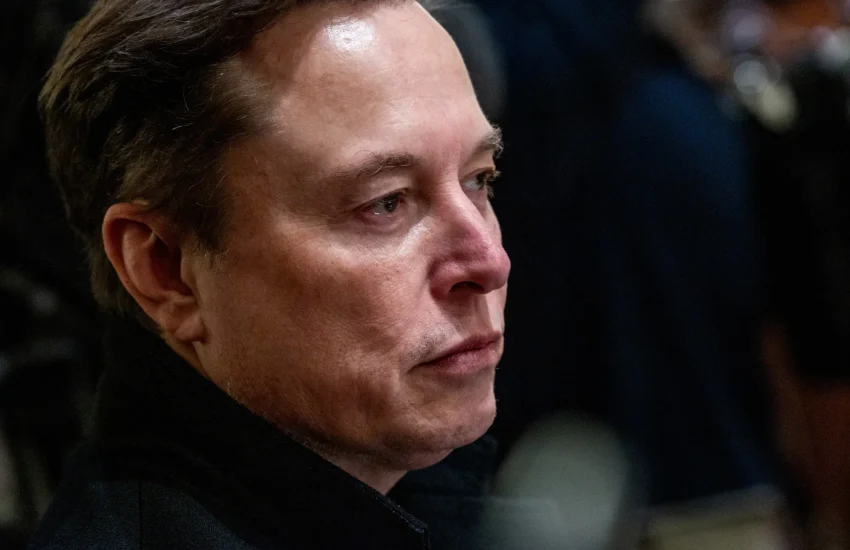We’ve built a civilization addicted to adrenaline. The hits come hourly. New tariffs. Another strike. A missile. A fire. A viral outrage. A celebrity scandal. A political meltdown. From the Wall Street Journal to the Times, the same formula loops endlessly: BREAKING. UPDATE. LIVE. PANIC.
We’re getting further away from news and closer than ever to engineered volatility.
Our systems now depend on it. Media profits from crisis clicks. Politicians campaign on crisis narratives. Institutions justify power grabs with crisis exceptions. And the public—exhausted, distracted, and confused—learns to accept chaos as the default state of affairs.
Look at this week: China halts exports of critical minerals as the trade war escalates. Trump threatens new tariffs on chips. Israel bombs a hospital. Ukraine buries 34 dead. In Texas, a mosque is blocked. In Pennsylvania, a governor’s mansion burns. Every one of these events deserves coverage. But the churn is not just informational. It’s structural. The pace isn’t accidental. It’s systemic.
We are living inside a fog machine of crisis.
Crisis justifies. It authorizes. It accelerates. It excuses. With the right framing, anything can be an emergency. And in an emergency, the rulebook is optional.
This isn’t a metaphor. Extraordinary powers are routinely invoked under the pretext of managing one more disaster. War powers. Border closures. Tariffs that bypass Congress. Surveillance measures that become permanent. Police budgets ballooning under the banner of preparedness. What was once a stopgap becomes precedent. What was once an exception becomes policy.
Deliberation doesn’t survive that environment. Neither does memory. Today’s crisis buries yesterday’s. Repetition dulls response. The more we are shown to panic, the less we do. At a certain point, the siren is just background noise.
The byproduct is a kind of cognitive erosion. We forget what it felt like to live without crisis as our default posture. We forget what slow news feels like. We forget how to distinguish urgency from manipulation.
In that vacuum, decision-making atrophies. Not just institutional decision-making, but personal, social, cultural. The gears of long-term governance grind to a halt. Who funds infrastructure when there’s another fire to put out? Who plans for a generation when the next hour is already overstuffed with catastrophe?
There is no margin. No slack. No time for the non-urgent, even if it’s essential. A society run on constant escalation becomes incapable of addressing anything that isn’t exploding.
The winners are the ones who can operate in the chaos. Who already hold the levers. Who can sell the buckets to put out the fire. It’s not a coincidence that this era of permanent emergency coincides with the most concentrated wealth and power in a century. Crisis flattens nuance. It centralizes command. It punishes restraint.
This is not an unintended consequence. It is a deliberate adaptation.
The more broken the signal, the easier it is to substitute narrative for truth. To swap spectacle for substance. To convince a population that chaos is the cost of freedom, or security, or strength. Even when the chaos is synthetic.
There is no plan to end it. No built-in exit strategy. Because the system is performing exactly as designed. A new emergency will always be waiting. And another after that. The permanent crisis is not a phase. It is the atmosphere.
And like any atmosphere, you breathe it long enough, and you forget you’re breathing it at all.
Now, more than ever, the world needs an independent press that is unencumbered by commercial conflicts and undue influence.
By taking out an optional founding membership, you can help us build a free, accessible, independent news platform firewalled from corporate interests.
